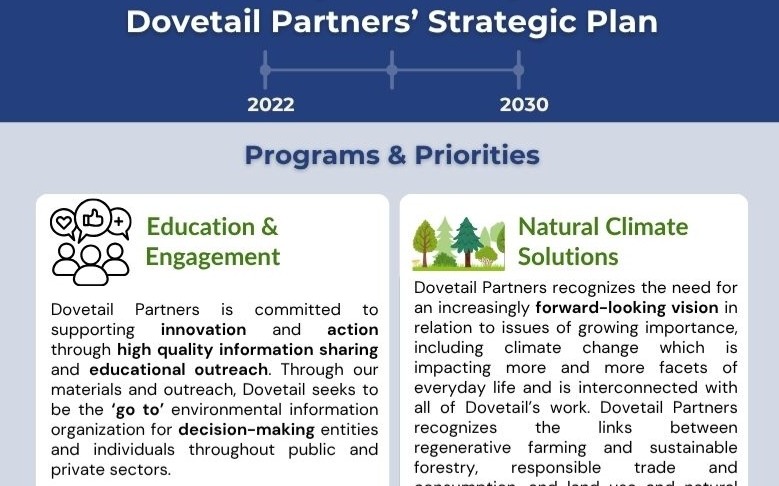In 2004, the term ESG — referring to environmental, social, and governance — emerged from the financial industry’s efforts to formalize sustainable investment. By 2020, ESG was in the headlines when Larry Fink, CEO of BlackRock, one of the global investment community’s most prominent voices managing about US$10 trillion in global assets, named ESG as a priority in annual letters. Increasingly, ESG-related disclosures are being considered by investors across sectors and companies, including the forest and wood products sector.
There are many reasons investors, businesses, and other actors within the financial sector are motivated to develop and advance ESG strategies. These reasons can be grouped into motivations related to (1) reducing or avoiding risk and (2) increasing or identifying opportunity. Investments with greater ESG exposure could be associated with higher risks related to liabilities, future regulation, or stranded assets. In terms of opportunity identification, investors are looking to identify the next big thing in a new product or emerging market that may offer a greater long-term return. ESG evaluation systems aid in identifying risks and opportunities and can be a contributing factor for attracting investment and for recruiting and retaining employees.
The development of ESG has evolved over the past twenty years from voluntary efforts, corporate pledges, and third-party initiatives to actions being taken by regulatory bodies and agencies. There are some indications that moving investment toward sectors with lower ESG risks could benefit the forest and wood products sector. Forest and wood product companies provide robust and diverse environmental benefits, support local communities, and have decades of experience with responsible governance structures, including certification and supply chain assurances.
In 2022, the US Securities and Exchange Commission (SEC) announced intentions for a ESG disclosure framework with increased climate-related reporting for companies and impacts to funds and advisors. The European Union (EU) has also released draft reporting standards, expected to be adopted in June 2023. Current government proposals focus on establishing consistent requirements for publicly traded companies, but it is reasonable to expect that private companies will be impacted by these developments. Companies not directly linked to financial markets have begun to use ESG frameworks to address and get recognition for responsible corporate actions.

.png)
.png)
.png)

.png)
.png)